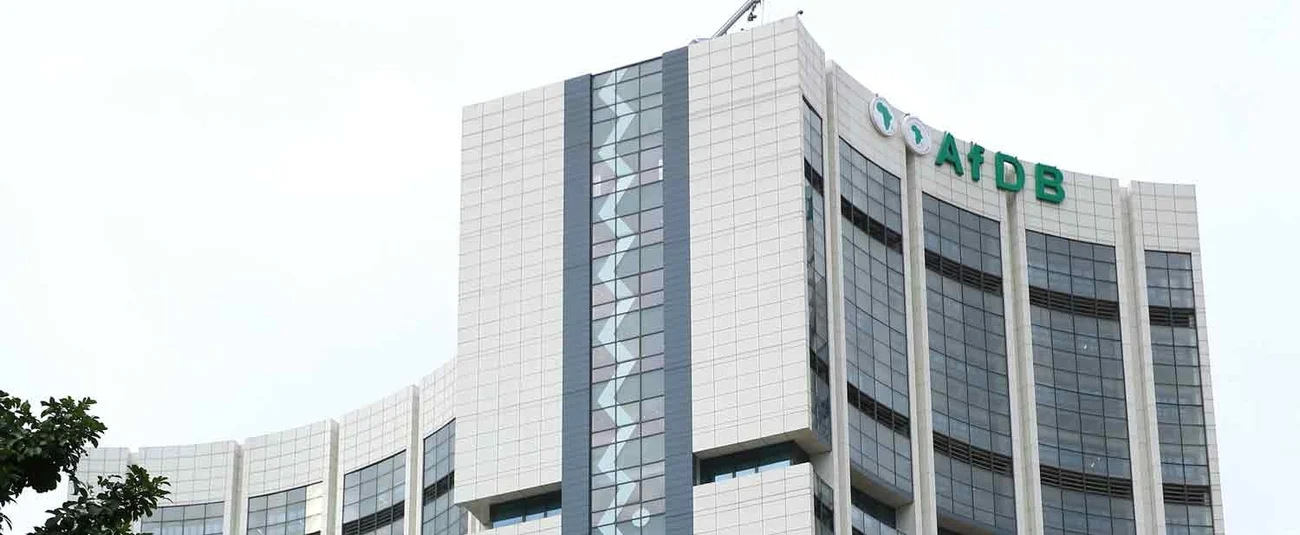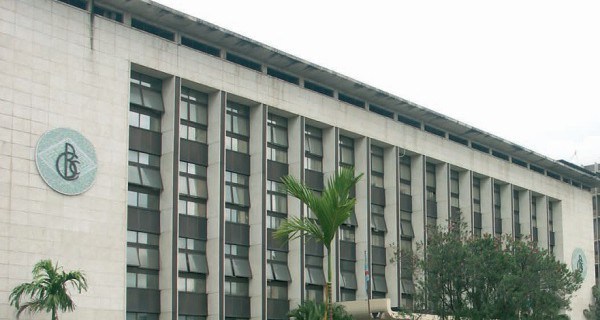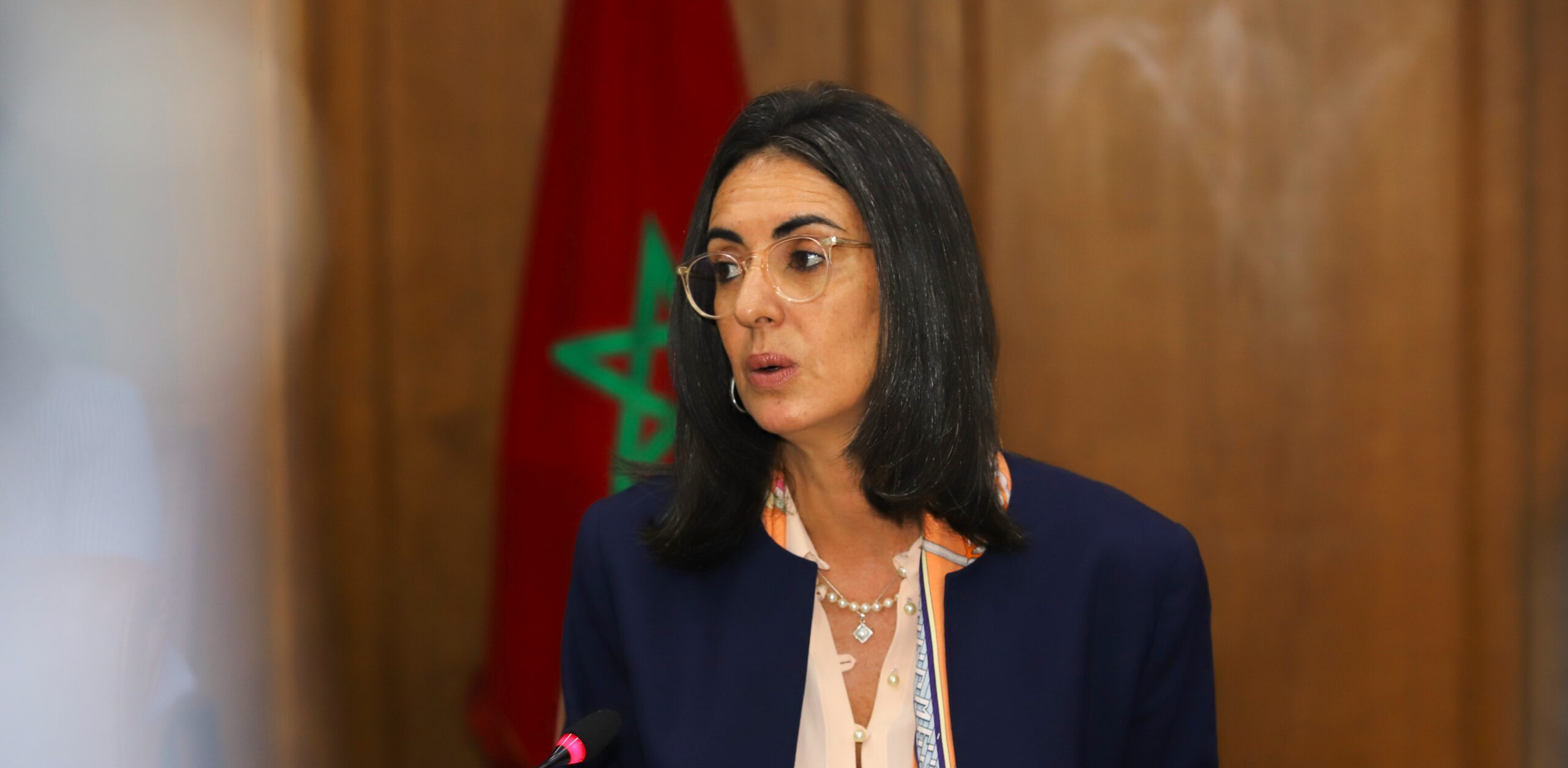USD 22.8m AfDB grant enough to turn subsistence rice into a global investment signal
AfDB approves USD 22.8m for Mozambique to raise rice yields from 1t/ha to 4t/ha, lifting incomes to USD 1,000. A test for food security, ESG flows, and sovereign credibility, with investors watching agriculture as a macro risk factor.

Mozambique has secured a $22.8 million grant from the African Development Bank’s concessional arm to fund its Rice Value Chain and Climate Resilience Project, a move that could reshape the country’s food security, rural incomes, and climate adaptation trajectory. The grant targets 30,000 smallholder farmers across four provinces and aims to raise rice yields from about 1 ton per hectare currently to 4 tons per hectare. Simultaneously, it seeks to boost annual household incomes from roughly USD 590 to USD 1,000, while enhancing resilience to climate shocks.
The significance of this funding extends well beyond Mozambique’s paddies. For global development financiers, agricultural investors, sovereign risk analysts, and ESG capital allocators, the project is both a test and an indicator: can targeted concessional capital catalyze a transformation of staple crops in climate-vulnerable economies? Success here could inform strategies across Africa and beyond.
Mozambique today imports significant quantities of rice despite abundant arable land and favorable agroecological zones. The current self-sufficiency rate hovers around 50 percent. The AfDB grant is designed to help reverse that dependence, reduce trade deficits in food, and redirect foreign exchange to higher-value export sectors. For a country whose growth in past years has been powered by liquefied natural gas and extractive projects, strengthening agriculture offers a resilience ladder against commodity volatility.
From a development finance perspective, $22.8 million is modest — but its leverage potential matters. If structured smartly (e.g. via matching funds, private sector co-investment, blended finance, risk guarantees), the project can catalyze further capital into Mozambique’s agribusiness, irrigation, and rural infrastructure sectors. Investors tracking frontier agriculture and food security will watch whether this grant spurs follow-on investment or remains a donor subsidy.
Climate resilience is not an afterthought. Mozambique is among the world’s most climate-vulnerable countries, regularly battered by cyclones, floods, and droughts. The project proposes to incorporate climate-smart practices: improved water management, flood-tolerant seed varieties, soil conservation, and disaster risk planning. In theory, these elements reduce the downside of climate shocks and protect long-term yield on investment. For global climate funds and adaptation bond markets, this is a live case of resilience investment in agriculture.
Yet the challenges are significant. First, implementation risk looms: distributing inputs, reaching remote farmers, ensuring value chain linkages (mills, storage, transport) and controlling corruption all derail many agricultural projects. Monitoring and evaluation must be rigorous and transparent.
Second, scalability is unproven: raising yields to 4 tons/ha is ambitious. Many African rice programs struggle with pests, erratic rains, input affordability, and market access. If performance falls short, the reputational risk for AfDB and its partners is nontrivial.
Third, financial sustainability must be addressed. Once the grant ends, farmers must be able to sustain operations through market returns or access to finance. If credit, extension, and infrastructure support are weak, yields may regress.
Fourth, macroeconomic and currency risks matter. Mozambique’s external financing is volatile; local inflation or currency devaluation can erode the real value of the grant, especially for imported inputs (fertilizer, machinery). Climate adaptation investments are long term — they must survive macro shocks.
For global markets and development actors, some key signals emerge. If Mozambique can demonstrate yield gains, marketable surpluses, and climate resilience, it becomes a more credible investment destination in agriculture. That could alter expectations for sovereign bonds or sovereign debt spreads, particularly in Africa, where food security is increasingly viewed as a macro factor, not just a social issue.
Institutional investors in ESG and climate adaptation will scan this as a pilot: can concessional grants in agriculture deliver both social and financial returns? If so, it strengthens the case for scaling “climate-smart agriculture” across vulnerable nations. Development banks and multilateral funds will also assess whether this effort becomes a model for stacking grants, concessional finance, and private capital.
Governments in other African rice‐importing countries (e.g. Nigeria, Senegal, Tanzania) will watch: if Mozambique reduces import dependency, rice prices, regional trade flows, and food stability could shift. That will influence trade policies, regional agribusiness strategy, and cross-border investments.
Mozambique’s domestic politics and governance capacity matter. Success requires coordination across ministries (agriculture, water, finance), strong local institutions, and transparent procurement. Without that, even a well-funded project risks becoming another poorly performing development headline.
The AfDB’s $22.8 million grant is more than aid. It is a calculated bet that Mozambique’s rice sector can be transformed into a resilient engine of rural growth and import substitution. For global investors, development banks, ESG funds, and sovereign analysts, its outcome will offer early signals about whether targeted climate-smart agriculture in vulnerable countries can move from pilot to scalable investment class.





